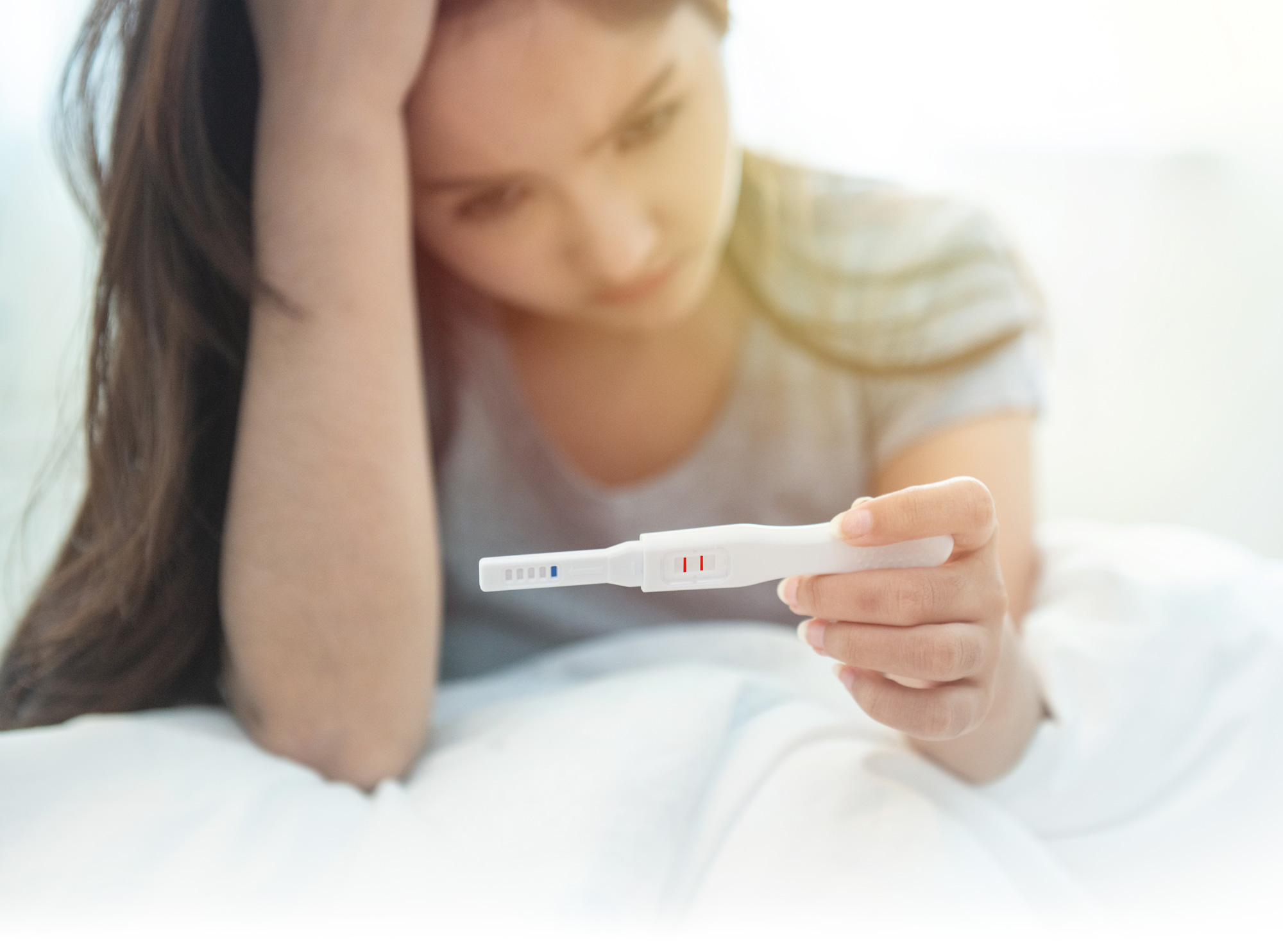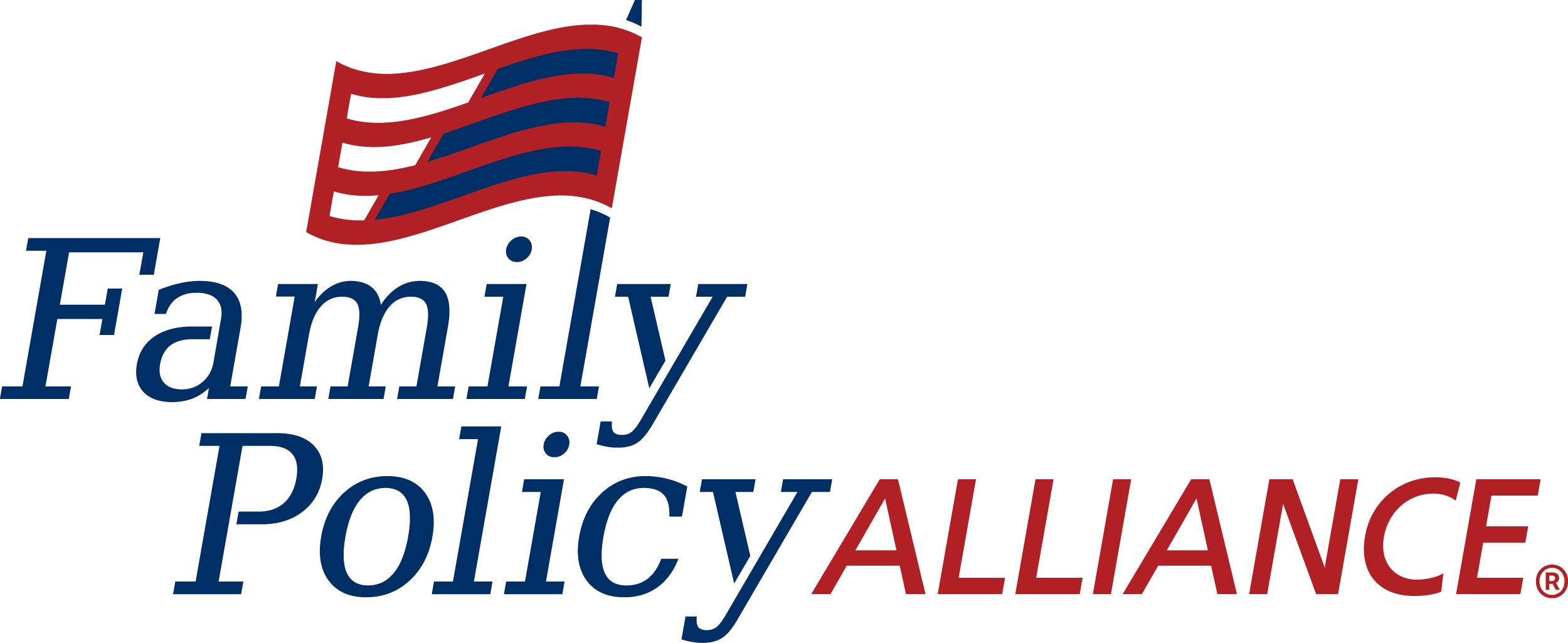
In South Carolina
After Roe, abortion is illegal after a fetal heartbeat can be detected. Connect with your local family policy council to stay up-to-date on the pro-life movement in your state. Then, keep reading to find out more about your state’s post post-Roe abortion laws.
THE BIG QUESTION
After Roe, does my state ban nearly all abortions or allow nearly all abortions?
South Carolina bans abortions after a fetal heartbeat is detected. S.B. 474, 125th Gen. Assemb., 1st Spec. Sess. (S.C. 2023).

WHAT’S NEXT
What is my state’s next step in the fight for life, now that Roe is overturned?
After Roe was overturned, Palmetto Family began lobbying for the Fetal Heartbeat and Protection from Abortion Act (S.B. 474, 125th Gen. Assemb., 1st Spec. Sess. (S.C. 2023)), which passed in May 2023. This law ensures that if a heartbeat can be detected for a child developing in a mother’s womb, it is the responsibility of the State of South Carolina to protect that life. Since heartbeats can be detected as early as 6 weeks, this is expected to end 98.5% of all abortions in South Carolina
MORE ABOUT YOUR STATE’S ABORTION LAWS
Below, we’ve summarized what abortion laws are in your state after Roe.
Abortion Limits, Exceptions and Enforcement
If my state won’t ban all abortions, what are the limits to abortion?
South Carolina bans abortions after a fetal heartbeat can be detected. S.B. 474, 125th Gen. Assemb., 1st Spec. Sess. (S.C. 2023).
South Carolina bans abortions after the second trimester. S.C. Code Ann. § 44-41-20 and partial-birth abortions. S.C. Code Ann. § 44-41-85. However, these provisions have become unnecessary in light of South Carolina’s heartbeat ban.
Are there any exceptions to those limitations placed on abortion?
Yes: The heartbeat law includes an exception for if an abortion is necessary to preserve the mother’s life and major bodily function, there is a fetal abnormality present, or the pregnancy resulted from rape or incest and the abortion is performed before 12 weeks’ gestation. S.B. 474, 125th Gen. Assemb., 1st Spec. Sess. (S.C. 2023).
The second trimester ban includes an exception for if two physicians in separate practices agree that an abortion is necessary to preserve the mother’s life and health. If they believe an abortion is necessary to preserve the mother’s mental health, additional certification from a psychiatrist is required. S.C. Code Ann. §§ 44-41-20. The partial birth ban contains exceptions for if the abortion is necessary to save the mother’s life. S.C. Code Ann. § 44-41-85. However, these provisions have become unnecessary in light of South Carolina’s heartbeat ban.”
What are the penalties to abortion providers for committing an illegal abortion (one of the forms of abortion that my state has limited under the law)?
Violations of the heartbeat law are a felony punishable by $10,000 fine and/or less than two years imprisonment. Physicians may also have their license revoked for unprofessional conduct.S.B. 474, 125th Gen. Assemb., 1st Spec. Sess. (S.C. 2023)“.
Violations of a second trimester ban are a misdemeanor. S.C. Code Ann. §§ 44-41-36 and violations of the partial-birth ban are a felony punishable by a minimum of 5 years in prison. S.C. Code Ann. §§ 44-41-85(A). However, these provisions have become largely unnecessary in light of South Carolina’s heartbeat ban.
When abortion laws are violated, who can file a lawsuit to enforce their rights and the law?
The heartbeat bill gives mothers a right of action to receive actual and punitive damages, as well as statutory damages of $10,000 per violation. The bill also allows the mother, maternal grandparents, a prosecutor, and the Attorney General to maintain an action for injunctive relief. S.B. 474, 125th Gen. Assemb., 1st Spec. Sess. (S.C. 2023).
Fathers (if married to the mother) and maternal grandparents have a cause of action against a physician who unlawfully performs a partial-birth abortion. S.C. Code Ann. §§ 44-41-85(C). However, this provision has become unnecessary in light of South Carolina’s heartbeat ban.
Does my state impose a special medical standard of care on abortion providers?
No.
Protecting Fundamental Rights
Does my state give parents the right to consent for their child to get an abortion?
Yes: Consent from one parent is required for a second trimester abortion. A grandparent or someone standing in loco parentis may consent instead. A minor is defined as an unmarried mother under 17 years of age; however, this state has a method where a minor can obtain permission from the courts to receive an abortion without parental notice or consent. S.C. Code Ann. § 44-41-31. This provision has become unnecessary in light of South Carolina’s heartbeat ban.
Does my state have conscience protections for medical professionals who do not want to participate in abortions?
Yes: No medical personnel or employees are required to contribute to or perform abortions. They must notify their facility of their objection to performing abortions in writing. They do not need to specify a reason for objection. S.C. Code Ann. §§ 44-41-50.
Hospitals and medical facilities are not required to perform abortions or to allow their facilities to be used for abortions. S.C. Code Ann. §§ 44-41-40.
Are there legal protections for babies born alive following a botched abortion in my state?
No.
Safety & Health of Women
Does an abortion have to be provided by a licensed physician in my state?
Yes: one must be a licensed physician in the state in order to perform abortions. S.C. Code Ann. §§ 44-41-10(b), -20; S.B. 474, 125th Gen. Assemb., 1st Spec. Sess. (S.C. 2023).
Does my state’s law require that a woman give informed consent and/or receive counseling prior to allowing an abortion to be performed?
Yes: The woman’s informed consent is required. S.C. Code Ann. §§ 44-41-30, -310 to -380; S.B. 474, 125th Gen. Assemb., 1st Spec. Sess. (S.C. 2023).
Does my state place any waiting requirement on abortion so that a mother has more time to decide?
Yes: Yes: A 24-hour delay after counseling is required. S.C. Code Ann. § 44-41-330.
Stay connected with email updates
Unleash your citizenship! Get news, commentary and alerts delivered right to your inbox.
